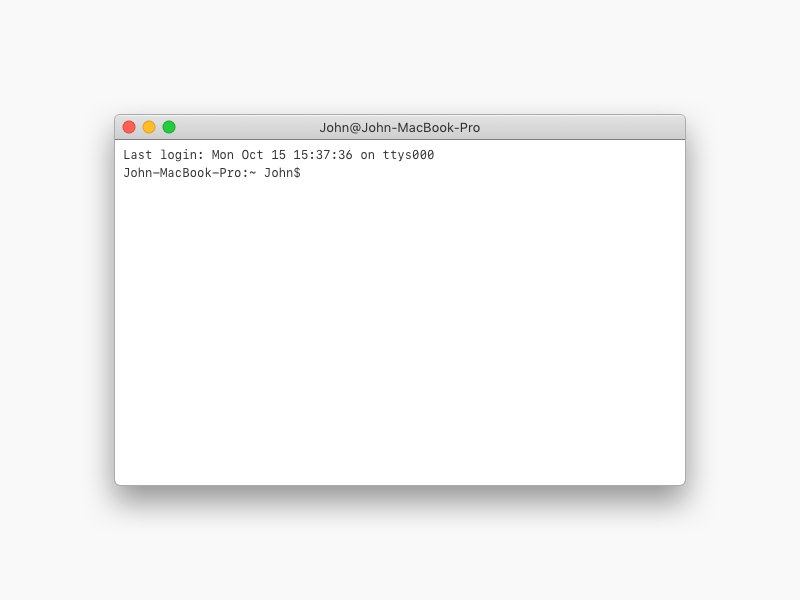Plugins For Firefox Mac
Beginning in Firefox version 52 released March 7, 2017, installed NPAPI plugins are no longer supported in Firefox, except for Adobe Flash Player. Some of the plugins that no longer load in Firefox, even though they may be installed on your computer, include Java, Microsoft Silverlight and Adobe Acrobat. See this compatibility document for details.

Over the past few years, Firefox has implemented various Web APIs so that websites can do the same things they’ve always done without plugins, so you will most likely not notice any change to your browsing experience.
The internet is full of websites that go beyond static pages, such as video, sound and games. While NPAPI plugins, especially Flash, have helped enable these interactive pages, they also make your browsing slower, less secure and more likely to crash.
Over the past few years, Firefox has worked hard to build replacements for these plugins, these replacements are called Web APIs. Web APIs are designed to replace the function of the NPAPI plugins without undermining your internet security, stability and performance.
To set Firefox to always activate a plugin: Click the menu button, click Add-ons and select Plugins.Find the plugin and click the ellipsis (3-dot) icon, then select Always Activate from the drop-down menu. This will activate the plugin automatically and you will no longer get messages to run the plugin. Firefox is one of the most popular and highly regarded internet browsers out there, and for good reason. It’s fast and stable, has an intuitive user interface, and benefits from a multitude of available add-ons and plugins. With mail.com however, it gets even better, as the duo is designed to optimize and personalise your online experience.

Before, while these Web APIs weren’t quite ready, Firefox started to transition by making plugins load manually (click to activate).
Now, many sites have adopted Web APIs, and almost all your favorite pages can be enjoyed without using old and insecure plugins. Firefox joins other modern browsers like Google Chrome and Microsoft Edge by removing support for these NPAPI plugins.
We recommend that you update Firefox if you can.
Every update of Firefox includes important fixes and improvements, including improvements that help keep you secure on the Internet. Using an old version of any browser, including Firefox, puts your personal data and even your computer at risk.

Firefox has expanded to support features that used to require extra plugins. Plugins, on top of that, are also kept up-to-date automatically and managed through blocklisting for added security. So you can stay current with just one Firefox update.
To give people a better Firefox experience, we’re changing the way plugins work. Earlier this year we talked about our plan for putting users in control of their plugins. We are now seeing these plans take shape in the latest version of Firefox Aurora. To give people more control over their browser, Firefox will no longer activate most plugins by default. When a site tries to use a plugin, the user will be able to choose whether to enable the plugin on that site.
A plugin is 3rd-party software which is loaded into the browser to assist in rendering the Web. Even though many users are not even aware of plugins, they are a significant source of hangs, crashes, and security incidents. By allowing users to decide which sites need to use plugins, Firefox will help protect them and keep their browser running smoothly.
The one plugin not affected by this change is Flash, which will remain enabled by default. Flash content is so common on the Web, and many websites use “hidden” Flash instances that the user does not see and cannot click on: making Flash click-to-play would be confusing for most users. Users with older versions of Flash that are known to be insecure will see the click-to-activate UI and will be prompted to upgrade to the latest version. Our security and plugin teams work closely with Adobe to make sure that Firefox users are protected from instability or security issues in the Flash plugin.
Chromecast Extension For Firefox Mac
When Mozilla conducted a user research study on the prototype implementation of click-to-play plugins earlier this year, we discovered that many users did not understand what a plugin was. Participants were confused or annoyed by the experience, especially having to enable plugins on the same site repeatedly. We redesigned the click-to-play feature to focus on enabling plugins per-site, rather than enabling individual plugin instances on the page. Advanced users who want to activate individual instances may still do so by installing a Firefox extension. We encourage people who want to try the new plugin experience to use the Mozilla Nightly or Aurora preview releases.
Plugins For Firefox Mobile

Plugins used to be an important tool for prototyping and implementing new features such as video and animation. As browsers have advanced, this kind of feature development can occur directly within the browser using technologies such as WebGL, WebSockets, WebRTC, and asm.js. Mozilla projects such as pdf.js and Shumway demonstrate that plugins can be implemented within the Web platform.
Plugins are now a legacy technology, and not available on most mobile devices. Mozilla encourages website developers to avoid using plugins wherever possible. If there are plugin features which are not available in the web platform, we encourage developers to post their use cases to mozilla.dev.platform project list, so that Mozilla can prioritize web platform work to make those use cases possible.
Firefox Plugins Install
– Benjamin Smedberg, Engineering Manager, Stability and Plugins
